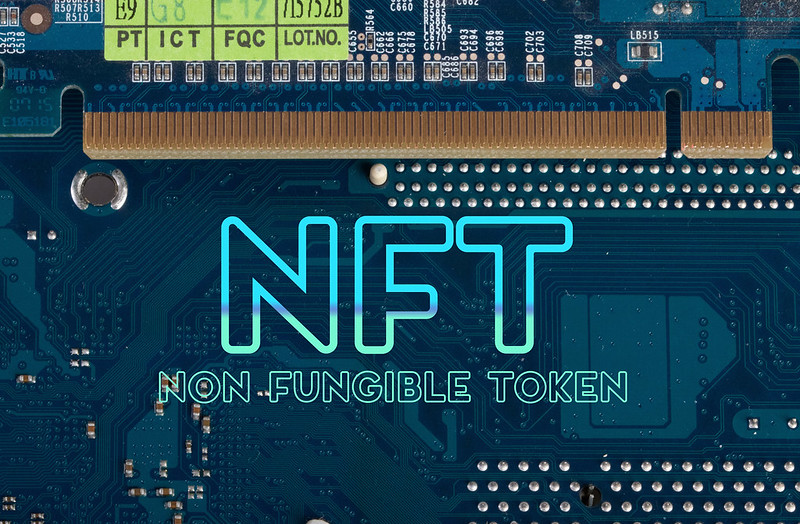OpenSea, a notable marketplace for nonfungible tokens (NFTs), recently announced plans to discontinue its Operator Filter by the end of this month. This decision sparked considerable debate in the NFT world, as the tool was essential in ensuring creator royalties on secondary NFT sales, especially on certain platforms that might otherwise bypass them.
Introduced in November 2022, the Operator Filter was an essential tool for creators, enabling them to curtail secondary NFT sales on platforms that didn't uphold their royalties. Its upcoming discontinuation is due to limited adoption across the industry, with some creators and platforms circumventing its usage.
Reacting to this change, Yuga Labs CEO, Daniel Alegre, recently shared on X (previously known as Twitter) that the company intends to phase out its association with OpenSea's Seaport marketplace contract. By February 2024, they anticipate completing this transition. Alegre emphasized Yuga's commitment to safeguarding creator royalties, ensuring artists receive due compensation.
Members of the Bored Ape Yacht Club, a project by Yuga Labs, applauded the decision. Other prominent figures in the NFT industry, like EllioTrades and Alex Becker, also expressed their support.
Further backing came from dotta, the CEO and co-founder of the Forgotten Runes Wizards Cult NFT project, who commended Yuga Labs' response to OpenSea. Another nod of approval came from Luca Netz, CEO of Pudgy Penguins NFT, who hinted at potentially following in Yuga Labs' footsteps and lauded the move. When Coinbase NFT emphasized its dedication to upholding creator royalties, Netz responded, suggesting a deeper discussion on the topic.
The question of creator royalties in the NFT world has sparked passionate debates. In 2021, during the initial surge of NFT popularity, the industry norm was to enforce such royalties. However, platforms like Blur entered the scene in October 2022, offering no trading fees and optional royalty payments, disrupting the status quo. With the rise of such platforms, traditional trading fees and royalty percentages faced competition, leading to a decline.
Currently, the NFT community is divided. Some favor platforms like Blur for their cost-effective trading models, proposing alternative means of compensating creators. In contrast, others firmly believe in the importance of upholding royalty payments.







